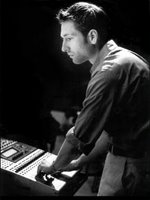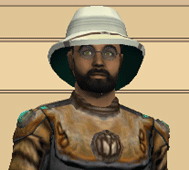
Well, what have I composed this summer? I just finished a set of songs (bass voice, piano and string quartet) called
Rhyme and Reason. The title matches the poems - I used three nursery rhymes, well, two nursery rhymes and a counting-out rhyme. Counting-out rhymes are those things that children do to choose teams or such - you know, like eeny, meeny, miney, mo and so on. There are many, many variations of these rhymes and they go back hundreds of years. The one I chose was used in Connecticut in the early 19th century -
Onery, uery, ickery, see,
Huckabone, crackabone, tilleebonee,
Ram pang, muskidan, Striddledum, straddledum, twentyone.
Basically nonsense words - but quite enjoyable to set.
The second song is based on a lesser-known nursery rhyme called "There was a Man of Double Deed", very unusual text -
There was a man of double deed
Sowed his garden full of seed.
When the seed began to grow,
‘Twas like a garden full of snow;
When the snow began to melt,
‘Twas like a ship without a belt;
When the ship began to sail,
‘Twas like a bird without a tail;
When the bird began to fly,
‘Twas like an eagle in the sky.
When the sky began to roar,
‘Twas like a lion at the door;
When the door began to crack,
‘Twas like a stick across my back;
When my back began to smart,
‘Twas like a penknife in my heart;
When my heart began to bleed,
‘Twas death and death and death indeed.
and the third is a light-hearted song (to help alleviate the above song)
Where are you going to, my pretty maid?
I’m going a-milking, sir, she said,
Sir, she said, sir, she said,
I’m going a-milking, sir, she said.
May I go with you, my pretty maid?
You’re kindly welcome sir, she said.
Say, will you marry me, my pretty maid?
Yes, if you please, kind sir, she said.
What is your father, my pretty maid?
My father’s a farmer, sir, she said.
What is your fortune, my pretty maid?
My face is my fortune, sir, she said.
Then I can’t marry you, my pretty maid.
Nobody asked you, sir, she said.
Which seems to have been taken from an earlier folksong, but it isn't certain. The songs restricted my choice of musical material - the rhythmic patterns of the poems, the constant rhyming - to a basic song-refrain style, but with slight pulling and stretching of the repeats, so as to keep interest.



